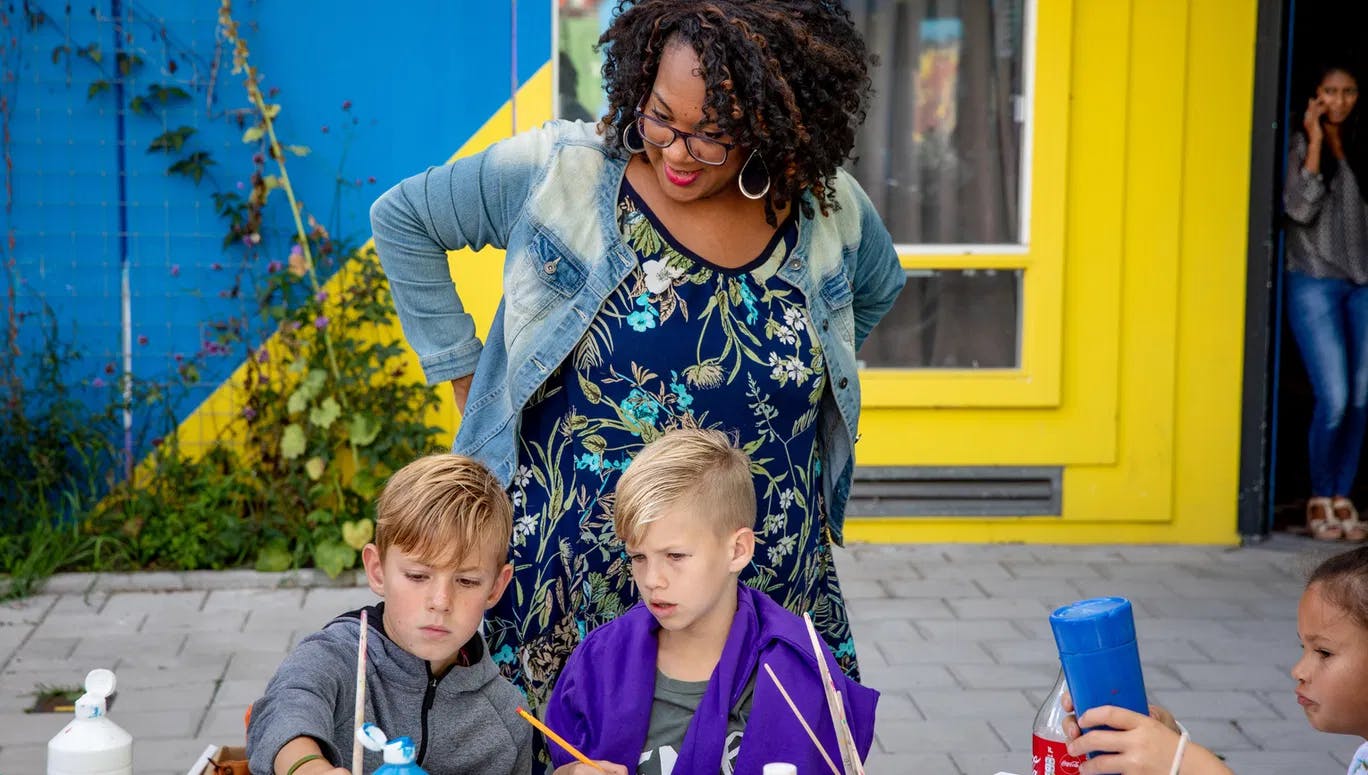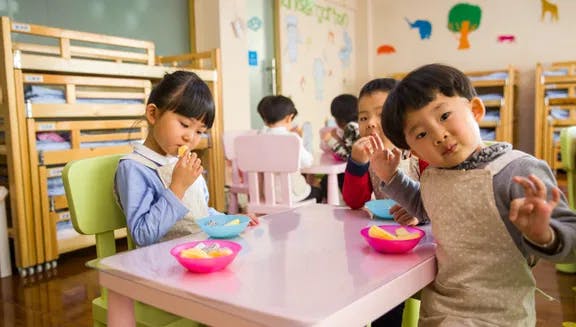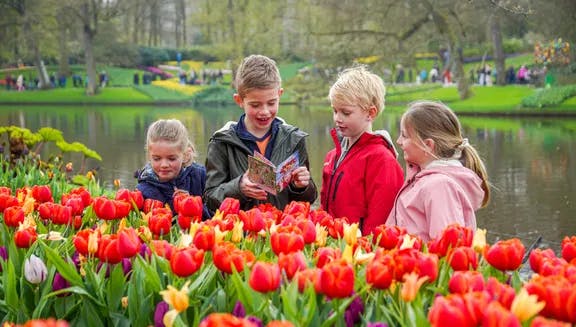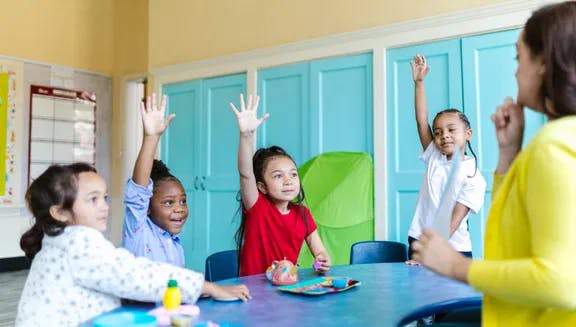
Out-of-school Care (BSO)
What is out-of-school care?
Out-of-school care (buitenschoolse opvang or BSO) is childcare for children between the ages of 4 and 13 who attend primary school. There are typically three types of BSO:
- Before-school care: Childcare before the school bell rings. Usually this is possible from 07:00 in the morning.
- During-school care: Childcare during the school lunch break.
- After-school care: Childcare from the moment school is out. This is usually possible until 18:30.
Typically, BSO organisations also offer childcare during the school holidays and on study days. Parents pay the costs themselves and get part of the total cost back in the form of a childcare allowance from the tax authorities.
Who provides out-of-school care?
Primary schools in the Netherlands must offer BSO from at least 7:30 until 18:30 for parents who want it. Usually, schools cooperate with one or more childcare organisations, but a school can also choose to set up its own BSO organisation. The daycare centre is not always located in the school building itself, in which case daycare supervisors bring the children to school and also pick them up again. If you want to make use of a different BSO facility than the one(s) your child’s school cooperates with, then the school must provide that organisation with the necessary practical information.
What does a BSO organisation offer?
After-school care is focused mainly on relaxation, offering children time to play with peers, follow a planned activity or simply rest. The activities offered will be tailored to a child’s stage of development and guidance is always available. Not all BSOs are the same, some may focus on outdoor activities while others offer dance and theatre games, and some BSOs offer help to children with their homework.
After-school activities
Some schools organise their own after-school activities, starting as soon as school is out. These include things such as painting, drawing, sports or music lessons and differ per age group. Parents pay a contribution per activity or series of activities. The activities are aimed more at 'learning' than at ‘relaxation’ and some parents prefer to opt for a BSO with fewer activities.
What does BSO cost?
The rate for a BSO is usually between €6 and €8 per hour. Rates vary depending on location, facilities and services offered. It’s important to consider what is and is not included in the price, such as pick-up and delivery service or a hot meal.
You pay the costs yourself but a percentage of the amount is reimbursed via the childcare allowance. Other factors such as your income and the number of childcare hours you buy also affect the amount of the allowance you are eligible for. This online calculation tool provided by the Belastingdienst (Dutch tax office) estimates the amount you may be eligible to receive under the childcare allowance scheme. You can download a step-by-step guide to using the tool in English (pdf).
Quality requirements
A BSO organisation must be recognised by the government and meet the quality requirements set out in the Childcare Act. For example, supervisors must have a pedagogical diploma and a Certificate of Good Conduct (VOG). There are also rules for maximum group size per age category and a minimum number of supervisors per group.
Finding the right BSO
There is no legal obligation for parents to send their children to BSO, but this form of care is becoming increasingly popular. The number of children staying in childcare facilities outside school hours has more than doubled in the past 10 years. It can therefore be useful to look into the options well in advance. You can register your child with a BSO organisation once they are two years old.
The Dutch National Childcare Register (Landelijk Register Kinderopvang en Peuterspeelzalen) is a list of daycare centres, where you can check if they satisfy quality demands. It is useful to know that a red dot means the centre has had a negative report.
Check out our family and education section for more essential information on topics such as the Dutch education and childcare systems, international schools and child benefits.









